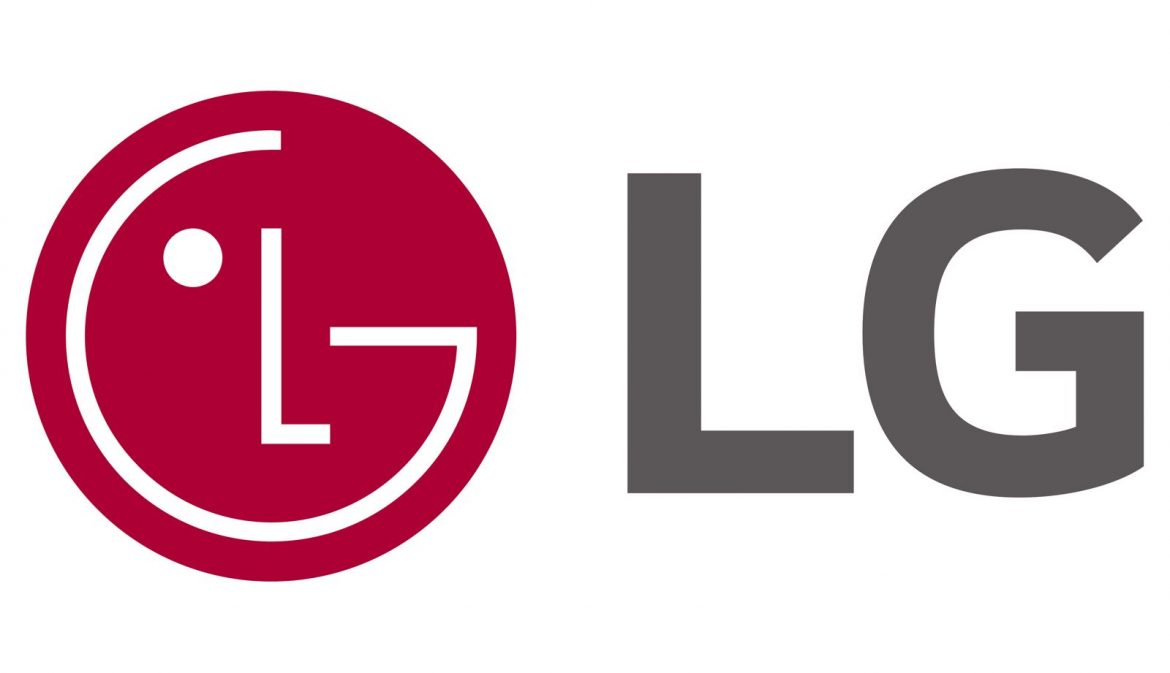Sept 2024 — When we think about LG Electronics, first comes to our minds is washing machines and refrigerators. However, the company’s current focus extends beyond maximizing the potential of its core businesses. It also includes the expansion of B2B business segments, as outlined in LG Electronics’ “Future Vision 2030” announced last year.
According to the CEO William Cho, who provided an exclusive interview with Bloomberg TV in Seoul, elaborating on the business strategy, the expansion of LG Electronics’ B2B businesses, new growth areas, and the company’s AI competitiveness is strategically crucial for the company’s future goals.
As per CEO Cho, the expansion of LG Electronics B2B business is strategically important for LG’s future goal as the B2B business constitutes 35% of the total revenue in 2024 as the aim is to make up for 45% by 2030. The reason behind the interest of LG Electronics in B2B is because of its advantages over the B2C: stability, long-term relationship and added value in solutions and services.
The B2B sector is emerging as a fundamental component of LG Electronics’ business transformation as follows:
1) Accelerating key businesses such as vehicle component solutions (VS) and heating, ventilation and air conditioning (HVAC)
2) Transforming the current device-focused business to platform-based services.
3) Leading investments in new business areas including robotics and EV charging.
When it comes to growth in the future, LG Electronics is making strategic investments such as Alfa Intelligent fund to support AI startups believing that this enhances LG’s technology and competences such as AI and software, improves investment in global expansion, and build up new growth engines.
Vehicle Solutions & HVAC business
LG VS is now one of the main B2B growth engines with average growth rate of 20% over the last ten years. LG Electronics’ order backlog has reached approximately USD 74 billion, with triple revenue growth over the past three years.
And recently, software-defined vehicles (SDVs) have rapidly become a sizeable market and we have been delivering cutting-edge SDV experiences through LG AlphaWare, its very own suite of automotive software solutions.
As for LG’s HVAC business, it has been growing rapidly with a solid CAGR of 18% and double-digit operating profit over the last three years. By considering the unique characteristics of each market and the global electrification trend, the company’s aim is to become a leader in the global HVAC industry by offering locally tailored solutions and energy-efficient, eco-conscious core technologies such as inverter and heat pump solutions.
In addition, due to the rising demand for AI infrastructure which requires thermal management technology, CEO Cho believes that the chiller business has great potential for further growth.
Smart Factory Solutions
The smart factory solutions industry is projected to reach approximately USD 230 billion, with an annual growth rate of 10%. Since 1984, LG Production engineering Research Institute has been instrumental in providing differentiated production systems and technologies to enhance manufacturing competitiveness across all LG affiliate companies.
By incorporating LG’s accumulated know-how in manufacturing and adding AI, robotic and digital transformation solutions, LG became one of the few companies in the world that are able to provide holistic smart factory solutions, from planning and construction to operation and maintenance.
New Business: Robotics & EV Charging
LG continues to invest in promising new business areas that will serve as the foundation for future growth. In the commercial robotics sector, LG is focusing on securing AI-driven, software-defined robotics capabilities. In March, the company has executed a stock purchase agreement to acquire a stake in Bear Robotics, a Silicon Valley-based startup specializing in AI-driven autonomous service robots.
Regarding the electric vehicle charging business, LG is collaborating with leading global partners to seize business opportunities. Despite that the market might be saturated market vs the low demand, LG believes that the ratio between the EV charging and electric cars is unbalanced while there is still huge demand on EV charging.
‘Affectionate Intelligence’ as a Competitive Edge of LG
LG redefines AI as ‘Affectionate Intelligence’ because it fundamentally believes that AI should bring more caring, empathetic and attentive experiences. LG’s Affectionate Intelligence is built on three pillars: Real-time Life Intelligence, drawing insights from real-life data gleaned from global LG smart products and diverse IoT devices; Orchestrated Intelligence, seamlessly coordinating the operation of interconnected devices in alignment with customer preferences and intentions; and Responsible Intelligence, ensuring secure learning and adaptation, upholding privacy and integrity while delivering personalized experiences.
Cho confirmed that LG’s goal is to deliver personalized experiences in any space. The plan is to first provide AI home experiences and continue to expand into various spaces, such as mobility, commercial and even virtual space. Ultimately, LG will be offering unique proposition, which is ‘Space as a Service.’ And ceased his words promising that “We will continuously transform ourselves from a global leader in home appliances and consumer electronics to a Smart Life Solution Company.
# # #
About LG Electronics, Inc.
LG Electronics is a global innovator in technology and consumer electronics with a presence in almost every country and an international workforce of more than 74,000. LG’s four companies – Home Appliance & Air Solution, Home Entertainment, Vehicle component Solutions and Business Solutions – combined for global revenue of over KRW 84 trillion in 2023. LG is a leading manufacturer of consumer and commercial products ranging from TVs, home appliances, air solutions, monitors, automotive components and solutions, and its premium LG SIGNATURE and intelligent LG ThinQ brands are familiar names world over. Visit www.LGnewsroom.com for the latest news.

